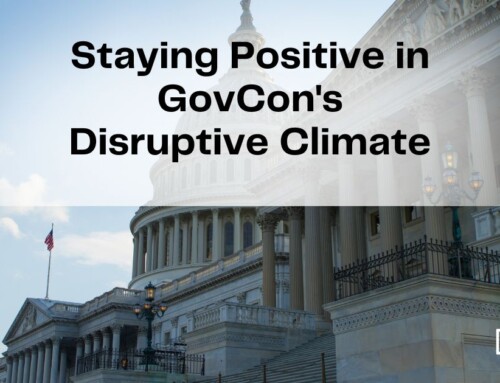For most of us, COVID19 has undoubtedly rocked our worlds, impacting not only our work, but also everything else in our lives. Going forward, I believe that this situation will irrevocably shift the way we work. That view likely feeds the idea that we’re living in a “new normal”.
Yet, this normal is not really new.
Alan Weiss (award-winning author of Million Dollar Consulting® and renowned speaker and consultant) takes that even farther. In a recent conversation, he declared: “There is no such thing as a new normal.”
He’s right.
Volatility, uncertainty, complexity, ambiguity – these are all normal characteristics of business. There’s even an acronym for it: VUCA. We may not have predicted this particular thing – a novel coronavirus – to disrupt our work, right now. But, the emergence of a major disruption and the subsequent, rapid change needed as a result, are not really new. That situation is normal.
And that’s good news.
Contraction in your markets or the economy does not automatically translate into contraction for your business. There are always customers who need what you do or produce, and companies that prosper even in troubled industries. The key, of course, is to identify and capture those opportunities. So, what to do?
First, take a hard look at your own business:
- What part of my business is most vulnerable in this situation?
- How deep or broad is the impact on operations?
- Which business processes are most affected?
- Will staff return to work, and if so, in what ways?
Next, apply that same thinking to your customers’ businesses:
- Which customers’ businesses are most vulnerable in this situation?
- In what ways can we reduce the impact on their operations?
- What actions might we help our customers to take, so that they begin improving?
- How might our staff help their staff? (e.g. Read what Hilton is doing.)
Then, redeploy your resources to reduce vulnerabilities and focus on your strengths.
Narrow your offer to what you do best, while systematically avoiding all areas outside of that. In situations like what we face now, Alan also suggests offering a blend of “free and fee”. No doubt you’ve seen that model from the likes of Zoom and Skype for remote meeting tools; T-Mobile (and others) for unlimited data; and internet access from numerous ISPs. These approaches show empathy for the situation and make a difference to customers’ businesses. They also provide opportunities to engage differently with your markets.
This normal is not new. Nevertheless, it will take some time before we fully return to ‘business as usual’.




Leave A Comment